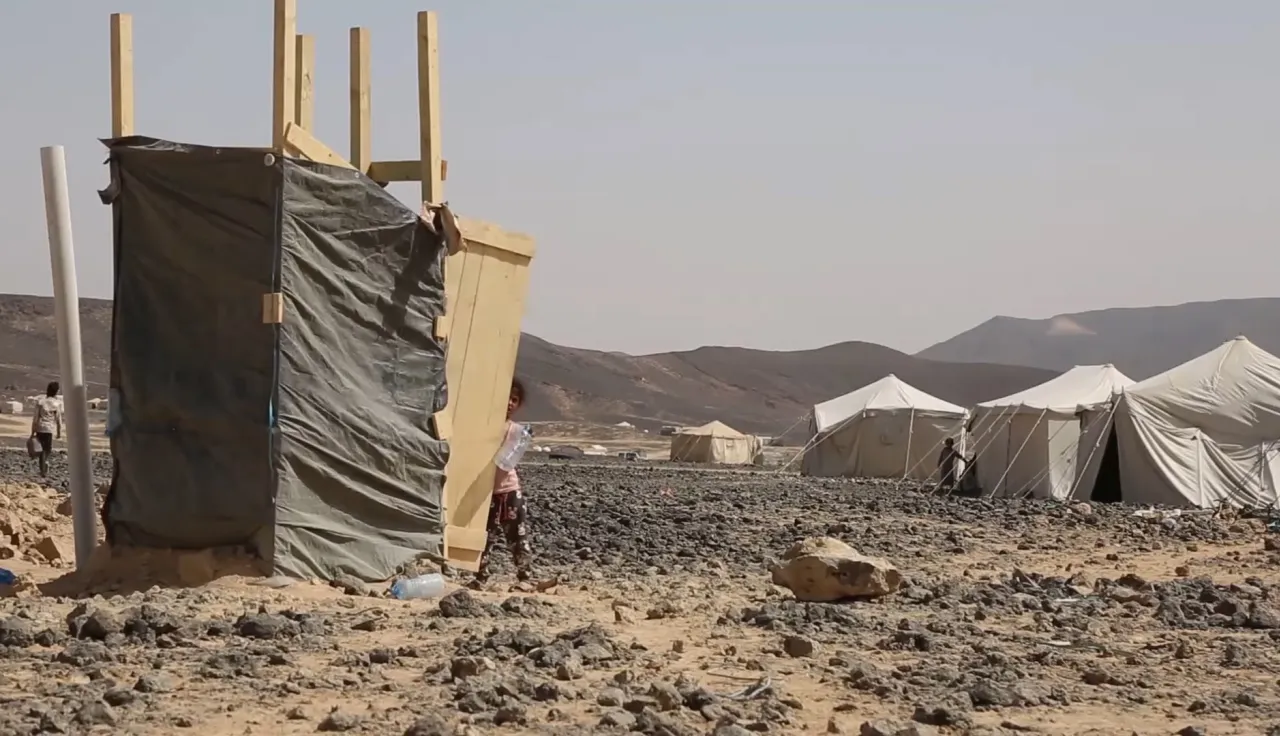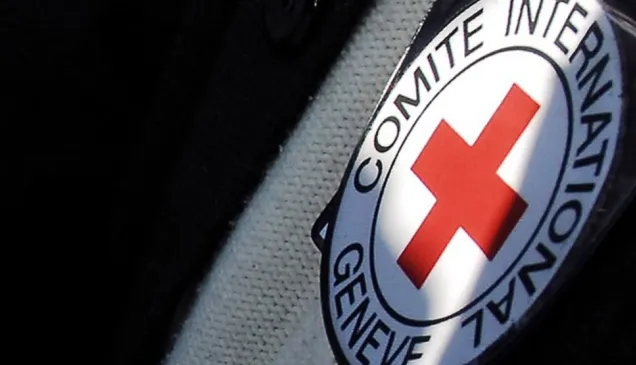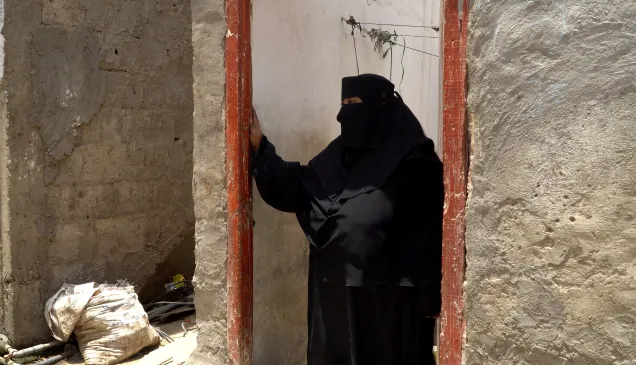ICRC (Sanaa) - People across Yemen will mark Islam's holy month this year amid ongoing conflict, seasonal diseases, floods and rising prices, in a country where the economic situation doesn't allow two thirds of the population to access or afford enough food.
The novel coronavirus (COVID-19) threat is also on people's minds, with one confirmed case in the country of almost 29 million. Yemen's health system is fragile and under strain: half of all health facilities are not functioning and just this week 500 cholera cases were reported in 24 hours in one ICRC-supported hospital in the capital Sana'a.
"Yemenis cope with so much hardship every day. Ongoing fighting in parts of the country causes daily despair, seasonal infectious diseases claim thousands of lives each year and high inflation is affecting the price of food, medicine and other basic goods. COVID-19 is one more worry for people who are already so vulnerable," said Franz Rauchenstein, head of the International Committee of the Red Cross delegation in Sana'a.
The start of the rainy season has already brought misery to thousands. Sana'a, Ibb, Hajjah and the southern port city of Aden experienced torrential rainfall and deadly floods over two weeks, affecting thousands of people and partially destroying houses and businesses.
Yemen Red Crescent Society volunteers have been responding to the floods, rescuing people and evacuating families while providing emergency household items like blankets in Sana'a. With the support of the ICRC and other Movement partners, the YRCS is currently assessing needs in Aden in order to help people there.
Meanwhile, in Marib governorate, floods destroyed tents belonging to thousands of people living in displacement camps. Many of the people there who received aid from the ICRC last month find themselves again in need of urgent assistance. Floods also affected many other people in Marib city.
The threat of COVID-19 is also looming over Ramadan celebrations, which are a time when families and friends traditionally gather to pray, break their fast and pay social visits.
'Yemen's hospitals are already under significant pressure, even without the threat of coronavirus. They regularly treat war-wounded patients and the beginning of Ramadan this year coincides with the onset of the rainy season and the associated seasonal increase in infectious diseases, including cholera, diphtheria and dengue. With the looming threat of COVID-19, it's more important than ever to continue to support health facilities and places of detention to put mitigating measures in place with the aim to maintain vital health services in Yemen,'' said Avril Patterson, ICRC health coordinator for Yemen.
The ICRC is supporting authorities with preventative measures in places of detention, water and sanitation services to boost hygiene standards and access to clean water, and helping supported medical facilities like hospitals, primary health care and dialysis centers with donations of disinfectant materials and training.
Together with our Red Cross Red Crescent partners, the ICRC is supporting the Yemen Red Crescent in its hygiene, household and kitchen distributions to quarantine facilities set up by local authorities. This comes with information campaigns, including audio recordings with practical COVID-19 prevention measures and community awareness.
Note to Editors:
The ICRC assisted with food aid to more than 650,000 people in Yemen last year and provided more than 5 million people with clean water through water and sanitation programmes.
The ICRC treated more than 25,000 war-wounded patients and provided health services to more than 89,000 disabled persons last year. It supplies hospital materials and in some cases medicine to 55 hospitals, 14 dialysis centers and 26 primary healthcare clinics across the country, including in Sana'a, Aden and Bajil.
The ICRC's COVID-19 response in Yemen has also included training and preventive information and material distributed to supported health facilities and detention centers as well as to communities affected by conflict.
For more information, please contact:
Yara Khaweja, ICRC Yemen spokesperson, +961 70 661 374, ykhaweja@icrc.org
Sarah Alzawqari, ICRC Middle East spokesperson, Beirut +961 3138 353, salzawqari@icrc.org
Ruth Hetherington, ICRC Middle East spokesperson, Geneva +41 79 447 3726, rhetherington@icrc.org




